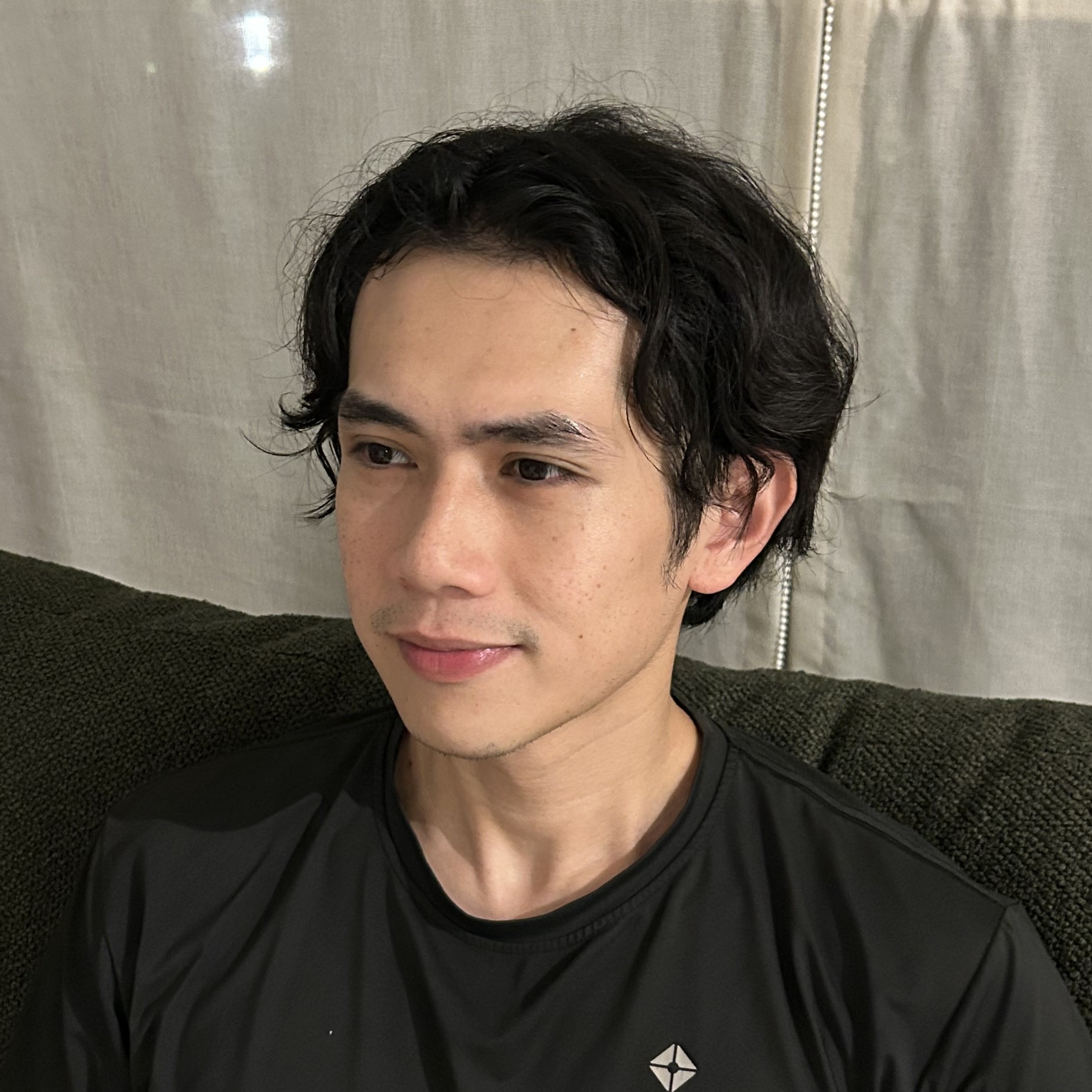The Attention Economy Is Bankrupting You
4 Simple Ways to Protect Your Attention
You know that feeling when you promise yourself “just five minutes” on your phone at night?
That was me. Again and again.
One video led to the next. One article led to another. My thumb scrolled on autopilot while my brain convinced me I was still “learning” or “catching up.” But really, I was half-asleep, blue light burning into my eyes, feeding the algorithm instead of feeding myself.
And the cost showed up the next morning.
I’d wake up groggy. Energy flat. Focus fractured before the day even began. I thought I was gaining something by staying connected. In reality, I was running a deficit.
Because here’s the truth:
Time isn’t the scarcest resource. Attention is.
Attention Is Capital
People always say, “Time is more valuable than money.” Which is true. But I think there’s something even more valuable.
Attention.
Time is like the hours in your bank account. But attention is the currency you actually spend. You can sit in a two-hour meeting, but if your attention is scattered, those two hours don’t add up to anything. You can have a free afternoon, but if your attention is on autopilot, it slips away without meaning.
Attention is capital. You either invest it or waste it.
And here’s the kicker: the modern economy isn’t built to sell you things anymore. It’s built to buy your attention cheap and sell it high. Social platforms, media outlets, even the apps that promise to “help” you—they make money by keeping your eyes and mind locked in place.
If you don’t defend your attention, you will lose it. And when you lose it, you’re not just losing time. You’re losing energy, clarity, and the ability to shape the life you want.
What Helped Me Fight Back
You can learn to increase your attention span. But before that, you need to learn how not to waste it. Here are four things that helped me reclaim my attention before I went fully bankrupt.
1. Bookend my days
When I let my phone dictate how my mornings or nights went, the whole day collapsed. So I created rituals to bookend my time.
Morning: no phone until I’ve mediated, moved my body, and walked my dog.
Night: no screens an hour before bed. Just reading and journaling.
When I do this, I get to decide how my day starts and ends. Not my notifications.
2. Turn my phone into a dumb phone
I deleted most apps. Killed almost every notification. At one point, I even made my phone grayscale so it looked more boring.
It sounds extreme, but it works. Instead of a slot machine in my pocket, it became… just a phone. When I reached for it out of habit, there wasn’t much to distract me. That pause alone brought me back more attention than I expected.
3. Schedule time for distractions
I used to think I should cut out distractions completely. But the more I resisted, the stronger the craving got.
So now I schedule it. I’ll give myself 20 minutes in the afternoon to scroll guilt-free. By giving distractions their own box, they don’t leak into everything else. Funny enough, once they’re scheduled, they feel less addictive.
4. Have a big and obvious why
Attention needs a direction. If I don’t give it one, someone else will.
For me, the “why” is building meaningful work and living a calmer life. Every wasted scroll moves me further from that. Every focused block of time brings me closer. Having that why written down, right in front of me, keeps me grounded when the temptation hits.
The Deeper Truth
The attention economy wants you to believe you’re spending time. But time isn’t something you own.
It flows through you, whether you notice it or not.
What you really own is attention. That’s the only thing you can actually direct. And it matters more than we realize. Attention is how you decide which hours become memories, which hours build your craft, which hours deepen your relationships.
Your life isn’t the sum of your hours. It’s the sum of what you noticed and cared about in those hours.
So the question isn’t just: How do I spend my time?
It’s: What deserves my attention today?
Because that’s what you’re truly giving your life to.
Try This Today
Put your phone in another room before bed. Just once. Close the night with a book, a journal, or a quiet conversation. Notice how you sleep. Notice how your morning feels.
It’s a small shift. But it’s one way of reminding yourself: your attention is too valuable to give away for free.
And while the attention economy will always try to bankrupt you, you don’t have to keep paying.


